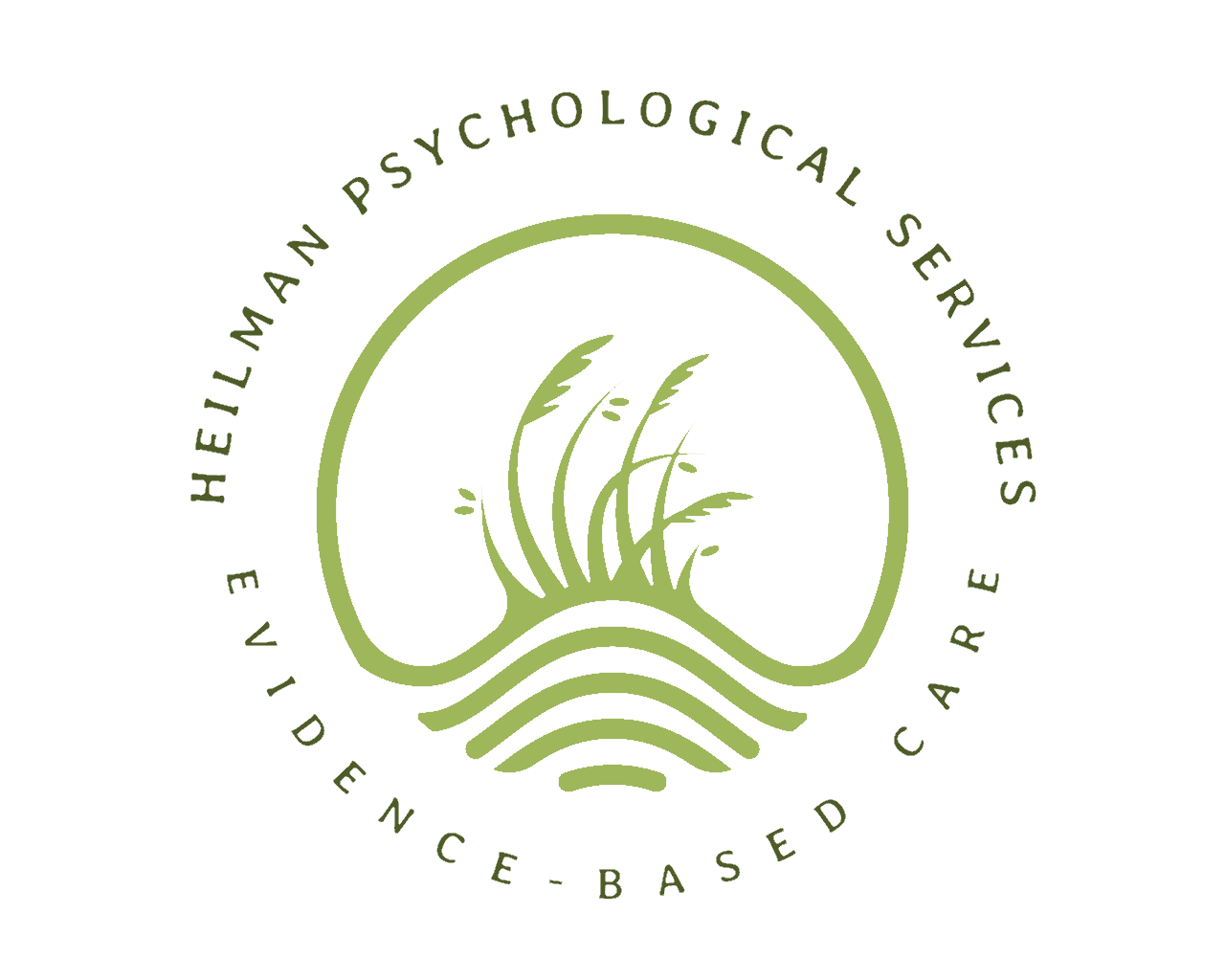Flexible Thinking for Relationship Improvement
In a world that feels uncertain and scary, people can develop more rigid thinking to regain a sense of control or safety. Unfortunately, this can lead to broken relationships, loneliness, and isolation. Below, I address common thinking pitfalls related to relationships and how to manage them.
Black and white thinking (also known as “all-or-nothing thinking”)- This occurs when we think in very concrete terms about someone (i.e., good-bad, right-wrong). It often comes in the form of “If, then” statements. Examples include: “If they really cared, they would show up on time.” “If we disagree on this issue, we are incompatible.” “If they don’t text me back right away, they don’t value me.”
Mind-reading- With this type of thinking, we make assumptions about what someone is thinking or feeling without having any actual evidence. This often occurs when we have an unpleasant or uncomfortable experience with someone. For example, we run into a neighbor at the grocery store, wave hello, and they do not reciprocate. A common response is to assume “They don’t like me” or “I must have offended them.”
Overgeneralization- This refers to the tendency to see a pattern of behavior based on a single event. It usually involves a negative interpretation. We may witness someone who gets frustrated and manages a situation poorly, then assume this is how they will always respond.
Personalization- This refers to self-blame for external events such as the behavior of others. If a family member or friend seems distant, we may blame ourselves for their lack of communication.
Should-thinking- This distorted thought occurs when we have expectations for how someone should think, feel, or behave. It sets us up to be judgmental and frustrated with others.
Developing cognitive flexibility can help decrease misunderstandings and enhance our interpersonal relationships. Below are common suggestions I make to clients.
Have “go-to” questions to challenge rigid thoughts. Examples include: “Is there another way of seeing this,” “What would I tell a friend,” Or “Is my reaction in proportion to the situation?”
Engage in perspective-taking. Consider the grocery store example from earlier. Have you ever experienced a time when you had to run a quick errand and did not want to see anyone? This can be the case for any number of reasons such as being in a bad mood or embarrassed about our appearance.
Offer grace. While the situation may be upsetting or embarrassing, try offering grace first. Instead of focusing only on the behavior, consider their intention. As Steven Covey said, “We judge ourselves by our intentions and others by their actions.”
Use Humor. If we do something awkward or embarrassing, it is common to engage in mind-reading or black-and-white thinking. Instead, see what happens if you learn to laugh at yourself. I like to imagine my embarrassing moments as part of a sitcom, or narrated by someone I find hilarious, like Melissa McCarthy. This helps decrease negative thinking and allows me to move on with my day.
Practice acceptance. The reality is sometimes our negative thoughts are true. We will have people who dislike us or disagree with our viewpoints. Instead of ruminating about it, we can seek to resolve the issue when possible. Otherwise, it is best to focus our time and energy on those who love and care for us.
Reflect. When we see family, friends or others acting in ways we find confusing or upsetting, here are questions we can ask ourselves.
“Have I ever changed my mind about a strongly held belief?”
“Would I want to be judged based off of one behavior or opinion that I expressed?”
“What are some of the positive aspects of this relationship?”
“What expectations do I have and are they realistic?”
“Have there been times I have needed forgiveness or others have offered me grace?”
Life can be stressful and human connection is essential. The reality is that no relationship can exist long-term without flexibility and forgiveness. Stay tuned for future blogs that will focus more in-depth on forgiveness and other relationship issues.
If you or someone you know is struggling with relationship concerns, feel free to contact me at 630-570-0095 or email at drpamheilman@heilmanps.com.
If you experience a life-threatening emergency or become concerned about the ability to keep yourself or others safe, visit your nearest emergency room or call 9-1-1. If you are experiencing suicidal thoughts, you may call the Suicide Prevention Hotline at 9-8-8 to talk to a trained professional.
The content on this website is meant for informational purposes only and is not intended to take the place of mental health diagnosis and treatment. All information is provided on an "as is" basis. Heilman Psychological Services, PLLC does not assume responsibility or liability for any errors or omissions that may occur.
